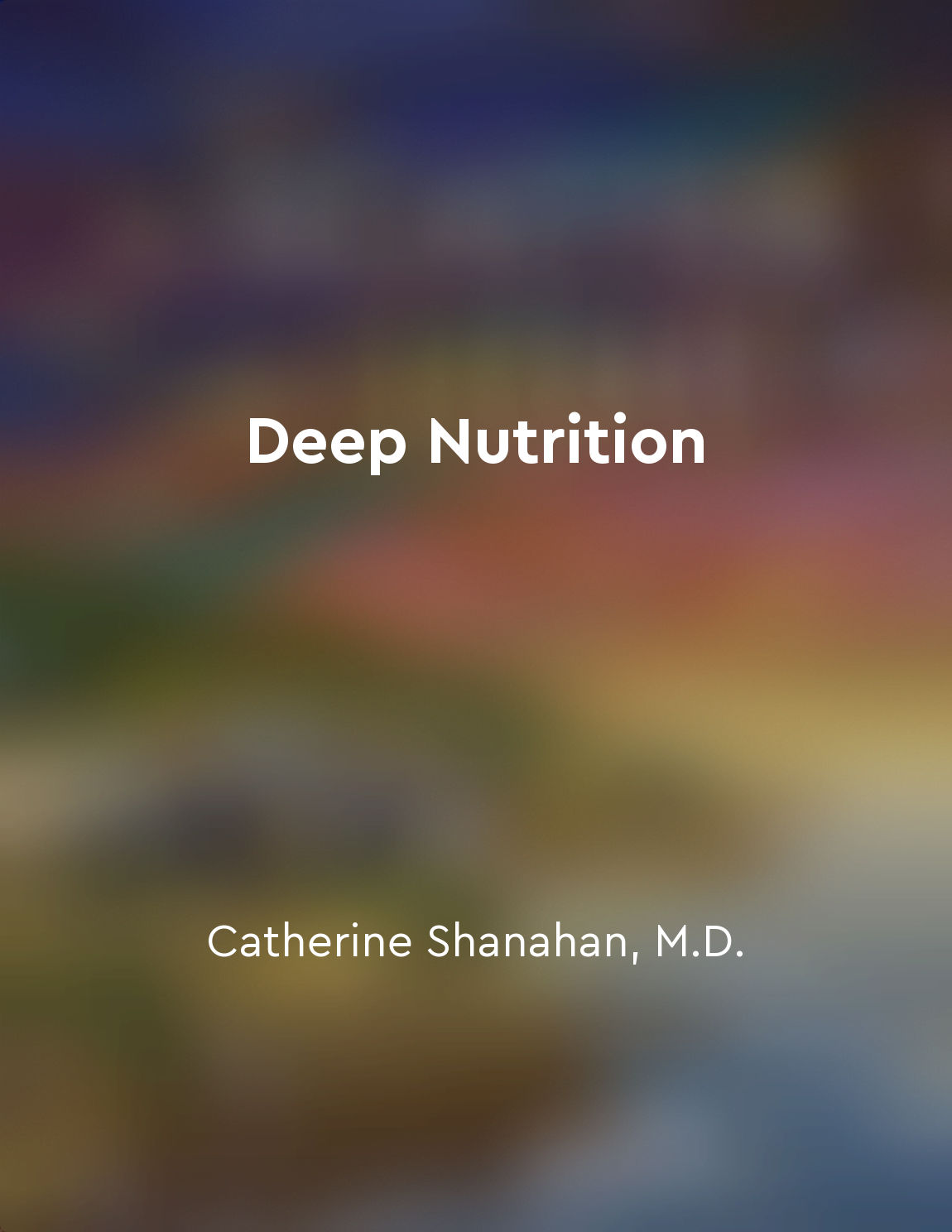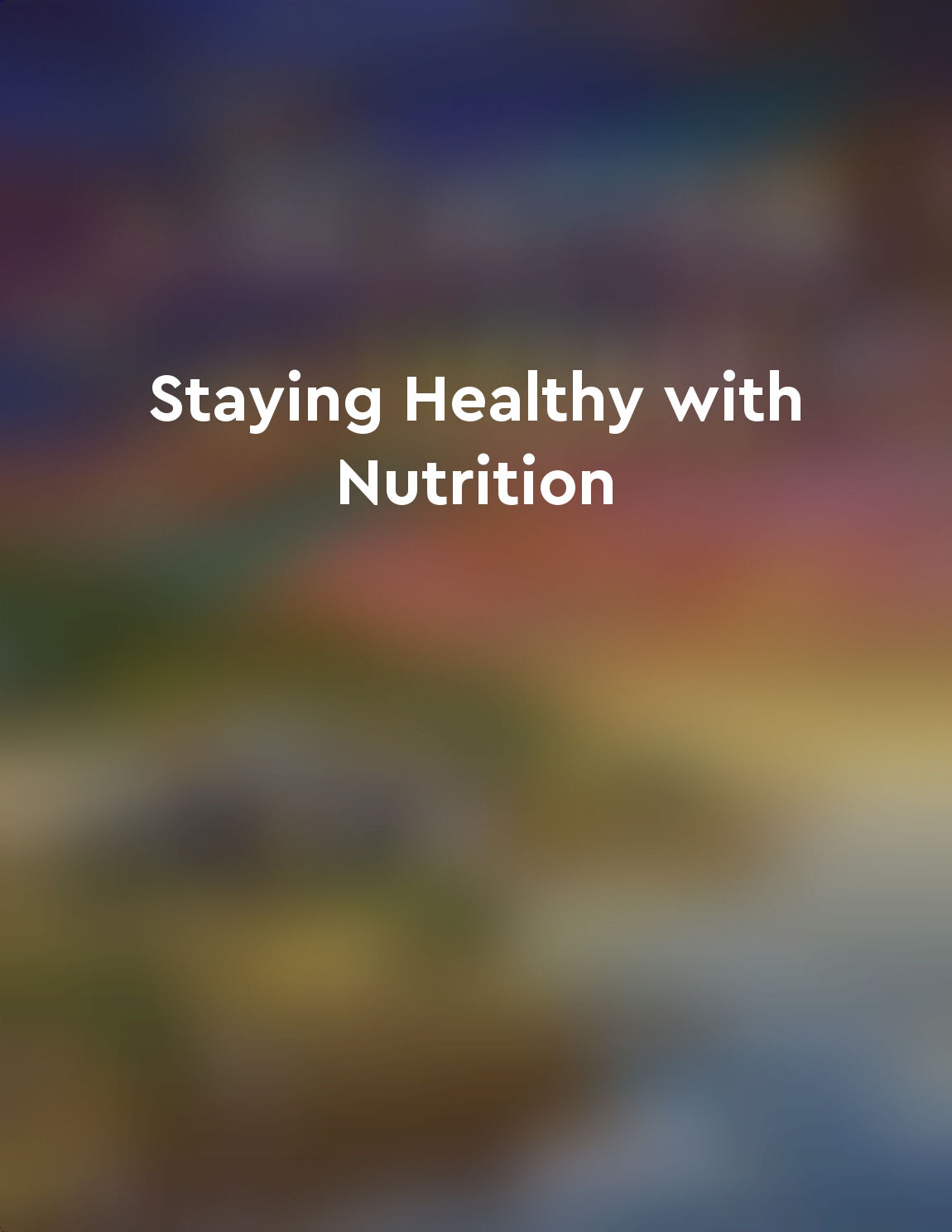Sustainable agriculture is essential for the planet from "summary" of The Food Revolution by John Robbins
Sustainable agriculture is the cornerstone of a healthy, vibrant planet. It is not just an option or a recommendation; it is an absolute necessity. Without sustainable agriculture, our food system is at risk of collapse, along with the ecosystems that support life on Earth. The current industrial agricultural model is wreaking havoc on the environment, depleting soil fertility, polluting waterways, and contributing to climate change. The heavy use of chemicals and pesticides is not only harmful to human health but also disrupts delicate ecological balances. The monocropping practices that dominate industrial agriculture are depleting biodiversity and leaving our food supply vulnerable to disease and pest outbreaks. Sustainable agriculture, on the other hand, seeks to work with nature rather than against it. By using practices such as crop rotation, cover cropping, and integrated pest management, sustainable farmers are able to maintain healthy soils and reduce the need for harmful chemicals. They prioritize the well-being of the land, the water, and the air, recognizing that these resources are finite and must be protected for future generations. In addition to its environmental benefits, sustainable agriculture also offers social and economic advantages. By supporting local farmers who use sustainable practices, we can help build resilient communities and strengthen local economies. Small-scale sustainable farms provide jobs, promote food security, and preserve cultural traditions that are deeply rooted in the land. Choosing to support sustainable agriculture is a powerful way to take a stand for the health of our planet and future generations. It is a vote for a food system that nourishes both people and the environment, rather than one that exploits and depletes natural resources. By making conscious choices about the food we eat and where it comes from, we can all play a part in creating a more sustainable and equitable world.Similar Posts

Balance blood sugar levels for sustained energy
In order to maintain sustained energy throughout the day, it is crucial to keep our blood sugar levels in balance. When our blo...

Incorporate nutrientdense foods into your daily meals
To truly thrive in this modern world, it is absolutely essential that we prioritize the incorporation of foods that are rich in...
Avoiding processed foods can reduce consumption of unhealthy additives
Processed foods are often laden with unhealthy additives that can wreak havoc on our bodies. These additives can include artifi...

The benefits of maintaining a healthy weight for overall wellbeing
Maintaining a healthy weight is crucial for overall wellbeing. When we are at a healthy weight, our bodies are better equipped ...
Change starts with each one of us
The necessary changes are changes in us. The changes that we must make are changes in our lives. There is no one else to blame....
Legumes and grains are high in lectins
Legumes and grains are indeed high in lectins, which are plant proteins that act as natural pesticides to deter predators. Lect...
Agroecology promotes biodiversity
Agroecology embodies a fundamental shift in the way we approach agriculture, recognizing the interconnectedness of all living o...

Eat real food
Eating real food is a simple concept, yet it holds the key to optimal health and well-being. Real food is not something that co...
The omnivore faces a dilemma of choice
The omnivore faces a dilemma of choice when it comes to deciding what to eat. This is because omnivores have the ability to con...
